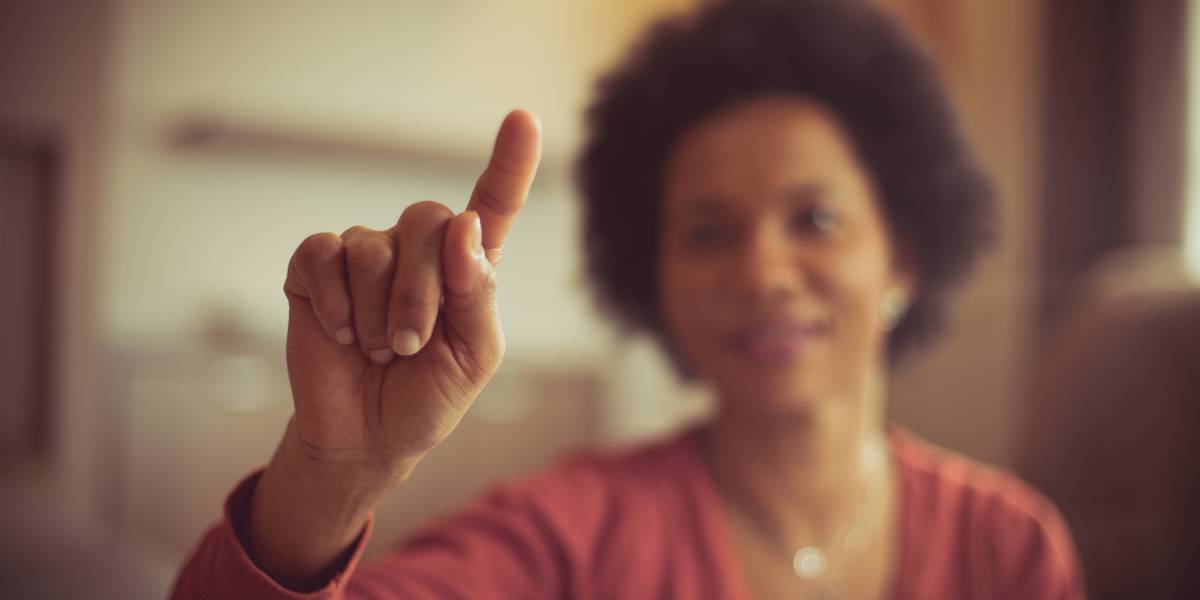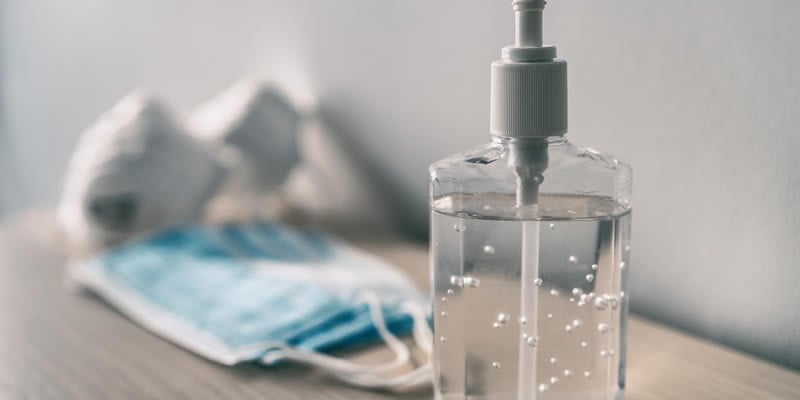A recent study found that anxiety can be eased in as little as 10 minutes by tapping specific points on the body.
In the study, participants reported that the process, which involves tapping eight points on the body, caused feelings of reduced anxiety about feared situations and made approaching objects of fear easier.
The eight acupuncture points are at the ends of meridians, which are considered as the pathways through which energy flows throughout the body.
Researchers, from Texas A&M University-Kingsville and the University of Arizona, created a strategy called EFT (Emotional Freedom Techniques) by combining the tapping method with mental reframing exercises. EFT is non-pharmaceutical and involves acupressure, exposure therapy and cognitive restructuring.
- Cutting social media use to 30 minutes a day reduces anxiety and depression
- ‘Mystical’ effect of psychedelic drug could help people with anxiety and depression
- Learning to play a musical instrument can reduce depression and anxiety, research suggests
Anxiety activates the nervous system and initiates a ‘fight or flight’ mode. EFT is used to activate the parasympathetic nervous system, which increases feelings of relaxation and calm.
The study involved 22 students with specific phobias. After the treatment, they reported feeling less distress about the objects of their phobias. On average, their state of distress fell to below the cut-off point that qualified them to take part in the study in the first place.
According to the researchers: “A specific phobia is characterized by a persistent and excessive unreasonable fear in the presence of, or in the anticipated presence of, a specific object, or situation.”
Participants were asked to focus on the objects of their fears, such as cockroaches or syringes, whilst they performed deep breathing and EFT. Their overall anxiety, anxiety surrounding their phobia and ability to face their phobia without extreme anxiety were assessed by the researchers.
They were separated into two groups – one trying EFT followed by deep breathing and one trying deep breathing followed by EFT. All participants completed five two-minute rounds of each treatment.
The results demonstrated that phobia-related anxiety significantly decreased in the group which started with EFT, and they approached the object of their phobias easier. On average, anxiety lowered to 2.9 points on a 12-point scale for the group which started with EFT. For the group which started with deep breathing, anxiety lowered to 5.7 points.
When those starting with deep breathing tried EFT, their anxiety dropped to match the EFT first group’s. For those starting with EFT, their anxiety remained low when they moved onto deep breathing.
- How to cope with anxiety
- Anxiety triggered by ultra-processed foods, research reports
- Running as effective as antidepressants for boosting mental health
On a 45-point anxiety scale, anxiety in the deep breathing first group decreased to an average of 27.9 before plummeting to 15.3 after completing EFT. Anxiety in the group which started with EFT fell to an average of 15.9.
The participants used the tips of their index and middle fingers to perform the EFT, tapping eight points on their bodies. The process began when the participants began tapping the first point.
“While they did this, they repeated an affirmation statement three times. For example: ‘Even though I have this fear of heights, I deeply and completely accept myself.”
They then continued by tapping each of the remaining seven points seven times whilst repeating a reminder phrase.
Explaining the seven points of tapping targets, the researchers listed: “The beginning of either eyebrow, the outside corner of the eye, about one inch under either eye, under the nose in the center of the upper lip, between the lower lip and the chin, just below the end of the collarbone next to the sternum, and about four inches down from the center of either armpit.”
The technique utilised in this study may sound simple, but it is supported by an increasing amount of evidence as being effective for phobias and other forms of anxiety. However, it is important that anxiety which disrupts your daily life should be discussed with your doctor.
The study was published in the journal Explore.




